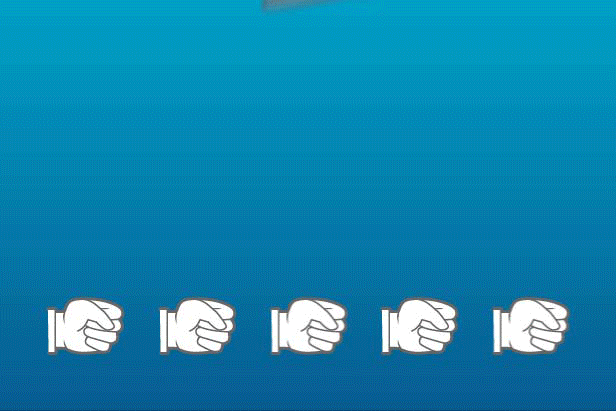Welcome to Should I Eat This?—our weekly poll of five experts who answer nutrition questions that gnaw at you.

5/5 experts say yes.
The lure of garlicky sautéed shrimp is hard to resist, and if you’re having these five experts over for dinner, there’s no need to try. Shrimp fans abound in this group.
“Shrimp is a rich source of lean protein; a 3-ounce serving provides nearly 20 grams of protein,” says cookbook author Tina Ruggiero, a registered dietitian. They’re also one of the most concentrated vehicles for selenium, a nutrient that may help fight cancer, cardiovascular disease, cognitive decline and thyroid disease—that same 3-ounce serving fulfills about 45% of your daily requirement. And 3/5 experts give the crustacean’s high omega-3 content a thumbs up.
Make sure, however, to check the sodium content on your shrimp package. They’re natural sources of sodium, so avoid the extra salt dump that sometimes comes with food processing.
Is shrimp’s high cholesterol tally—107 mg per 3-ounce serving—worth your worry? Cardiologist Dariush Mozaffarian, dean of the School of Nutrition Science and Policy at Tufts University, doesn’t think so. “There’s very little evidence that dietary cholesterol influences most people’s risk of heart disease,” he says.
But there is a huge caveat, a strong one shared by many members of the shrimp dinner party of experts: Keep things American.
That’s not about being patriotic. Most shrimp Americans eat comes from Asia, but shrimp produced in the U.S. are generally held to stricter environmental standards. Plus, seafood sales can be rife with fraud: a new report from Oceana tested 143 shrimp products across America and found that 30% of shrimp were misrepresented. It’s a rampant practice: “Although 95% of the shrimp consumed in the U.S. is imported, less than 10% of that is imported shrimp is inspected for adulteration such as antibiotics,” says Jeffrey Lotz, PhD, professor and chair of the department of coastal sciences at the University of Southern Mississippi.
MORE: There Are Antibiotics In Your Fish
The fisherman and author Paul Greenberg is also a shimp-phile, though with some important caveats. “Biologically speaking, shrimp should be an unqualified yes—they grow fast enough on the farm to produce two crops a year and are fertile enough in the wild to quickly rebuild after the fishing season closes,” he says. “But careless farming has caused the destruction of thousands of acres of tropical mangrove forest and careless fishing can result in many more pounds of accidentally caught ‘bycatch’ species killed than actual shrimp harvested. Both farming and fishing can be improved to reduce collateral damage. At the very least we could eat all that bycatch instead of letting it go to waste.”
It’s possible to evaluate your shrimp based on ecological factors, but you have to look beyond the nutrition facts label to get the whole story on shrimp, says Dustin Moss, director of the Shrimp Research Department at the Oceanic Institute of Hawaii Pacific University. Check out the certifications printed on bags, and see how your shrimp stacks up through the Monterey Bay Aquarium’s Seafood Watch, which weighs criteria like poor farm management, bycatch loads and illegal fishing.
So there you have it: eat more shrimp, along with the other selenium-filled sea creatures dragged up with ’em. Serving up seafood ceviche is the ecologically responsible—and healthy—thing to do.
More Must-Reads from TIME
- Why Biden Dropped Out
- Ukraine’s Plan to Survive Trump
- The Rise of a New Kind of Parenting Guru
- The Chaos and Commotion of the RNC in Photos
- Why We All Have a Stake in Twisters’ Success
- 8 Eating Habits That Actually Improve Your Sleep
- Welcome to the Noah Lyles Olympics
- Get Our Paris Olympics Newsletter in Your Inbox
Write to Mandy Oaklander at mandy.oaklander@time.com